U.S. Embassy in Kyiv Gets Big Reaction But Mixed Reviews for Meme Response to Putin Speech
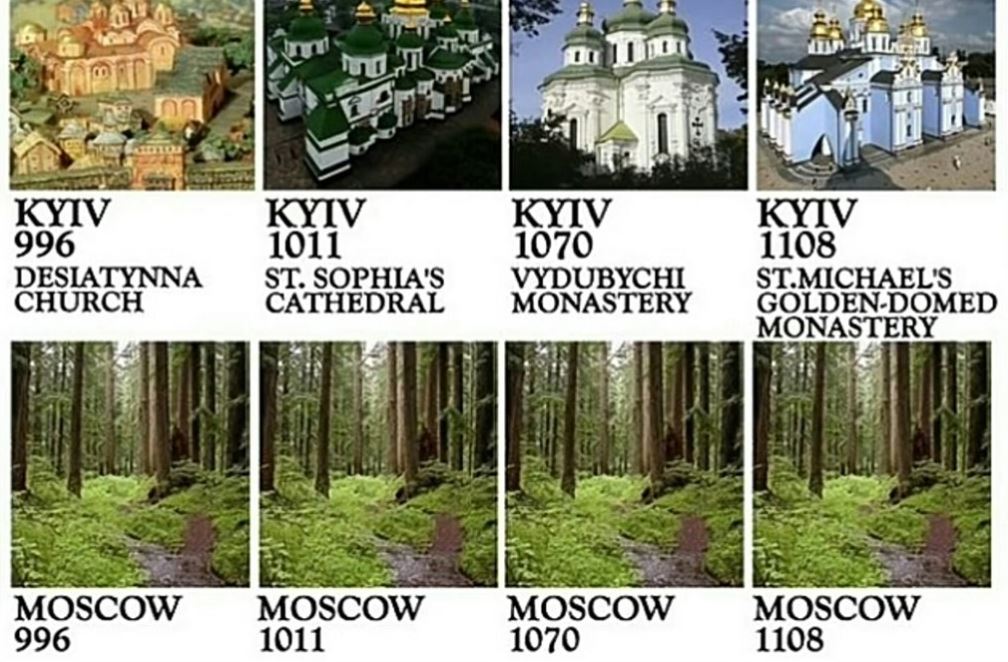
The U.S. embassy in Ukraine, which has been recently relocated from Kyiv to Lviv, stirred debate on Tuesday as it engaged in meme diplomacy amid Russia’s incursion into the country.
The debate, however, wasn’t necessarily what the embassy had in mind as the discussion centered more around the quality of the meme as opposed to its content.
The U.S. Embassy Kyiv’s Twitter account posted an image showing the difference in development between Kyiv and Moscow between in 996 and 1108.
The images of Kyiv during that time period show ornate churches, monasteries, and cathedrals, while Moscow is represented by an empty forest.
The meme was meant to rebuff Vladimir Putin’s historical claims to Ukraine, which he laid out in a long-winded and bleak address Monday, riddled with historical revisionism. Putin said, “Modern Ukraine was entirely created by Russia, more precisely, Bolshevik, communist Russia. This process began immediately after the revolution of 1917.”
“Ukraine has never had a tradition of genuine statehood,” Putin concluded, dismissing any notion of Ukrainian nationalism.
Many were quick to praise the tweet. Conservative commentator Charlie Sykes called it an “Epic troll.” While political scientist Laura Seay said, “This is some high-quality diplomatic trolling.”
Epic troll. https://t.co/1FU12oPg8V
— Charlie Sykes (@SykesCharlie) February 22, 2022
This is some high quality diplomatic trolling. https://t.co/bNB7HwfchH
— Laura Seay (@texasinafrica) February 22, 2022
Not everyone was impressed, however.
The Economist’s Gregg Carlstrom wrote, “An embassy that was evacuated several weeks ago trying to dunk on a military invasion with a sassy meme that inadvertently reinforces the adversary’s narrative is the culmination of several long trends in American foreign policy, none of them good.”
An embassy that was evacuated several weeks ago trying to dunk on a military invasion with a sassy meme that inadvertently reinforces the adversary’s narrative is the culmination of several long trends in American foreign policy, none of them good https://t.co/UdJoBdvpSq
— Gregg Carlstrom (@glcarlstrom) February 22, 2022
Atlantic Council senior fellow Ben Judah responded, “I would personally avoid having American diplomacy enter this ethno-medieval territory and delete.”
From a Russian perspective this meme proves the thesis of Putin’s essay on their relations.
— Michael Brendan Dougherty (@michaelbd) February 22, 2022
National Review writer Michael Brendan Dougherty argued, “From a Russian perspective this meme proves the thesis of Putin’s essay on their relations.”
“If I was the Ambassador I would be furious,” Judah added.
If I was the Ambassador I would be furious.
— Ben Judah (@b_judah) February 22, 2022
Russia’s embassies are renowned for their internet trolling, something which the U.S. embassy in Kyiv, now soon to be relocated again to Poland, should probably leave to the experts.
16 February 2022. Meanwhile in Ukraine@mfa_russia pic.twitter.com/59xuQjqSjQ
— Russia in RSA 🇷🇺 (@EmbassyofRussia) February 16, 2022
New: The Mediaite One-Sheet Newsletter
Your daily summary and analysis of what the many, many media newsletters are saying and reporting. Subscribe now!

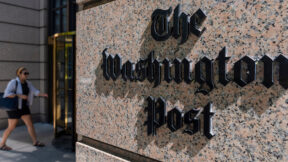
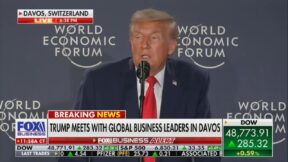
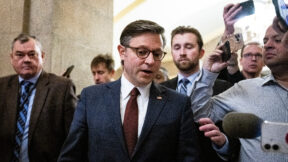
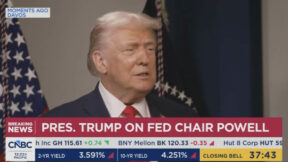

Comments
↓ Scroll down for comments ↓